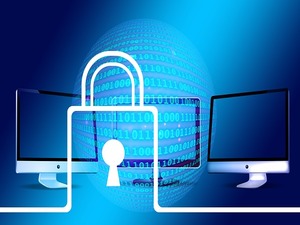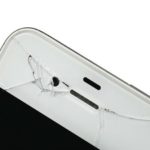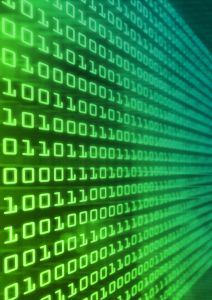Be Careful – Fake Amazon Emails Could Hold Locky Ransomware
Posted by aonenetworks On October 3, 2017 For a time, it seemed we had reached the high-water mark where Locky Ransomware was concerned. After the big, global attack earlier this year, interest in that particular strain of ransomware seemed to wane as hackers went off in search of the “next new thing” to deploy against the unwitting public.
For a time, it seemed we had reached the high-water mark where Locky Ransomware was concerned. After the big, global attack earlier this year, interest in that particular strain of ransomware seemed to wane as hackers went off in search of the “next new thing” to deploy against the unwitting public.
Unfortunately, rumors of Locky’s death may have been highly exaggerated. A massive new email campaign is underway, using Amazon as a cover, and the infected emails come bearing Locky as a “gift” to anyone who opens them and downloads the attachment.
While no one knows who is behind the Locky software itself, this new email campaign is being run through a large botnet-for-hire called Necurs, which is currently made up of more than five million devices from all over the world.
These devices have been sending out a million emails an hour that appear to come from Amazon and contain downloadable attachments with their malicious payload.
The hackers are being quite savvy about the operation too, timing the sending of their emails so that they arrive during normal working hours, which makes them seem more legitimate. As ever, anyone unfortunate enough to download the attachment contained in one of these emails will soon find all the files on their system encrypted, and get a notification that they must pay a ransom in BitCoin if they want the unlock code to get their files back.
It gets even worse, though. This latest attack does more than just install Locky. It also installs a program called “FakeGlobe,” which appears to be another variant of ransomware that’s designed to trigger after files are unlocked. So, even if you pay the ransom, you may find yourself immediately facing newly encrypted files and having to pay a second one.
As ever, the keys to avoiding scams like these are vigilance, employee education and a robust backup and file recovery plan, in the event that someone in your organization does open one of these emails.





